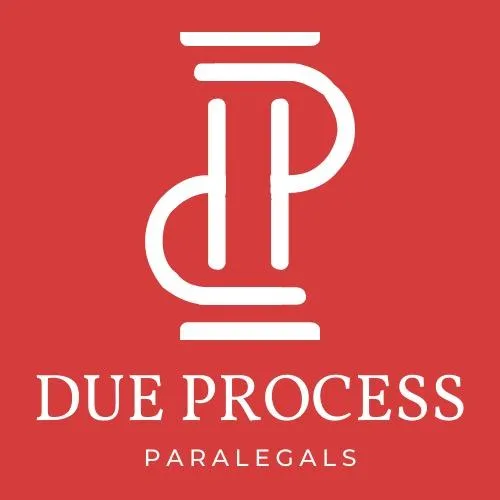CASE STUDIES
Unveiling Legal Success: Delve into Case Studies with Our Comprehensive Blog Review - Your Source for In-Depth Insights into Real-World Legal Outcomes and Strategies.

Recent Ruling Provides Mixed Outcomes for Mortgage Foreclosure Defendants
The Second Department's decision in Newlands Asset Holding Trust v Vasquez, 2023 NY Slip Op 03926 (2nd Dept. July 26, 2023) presents a mixed bag for defendants in mortgage foreclosure cases regarding personal jurisdiction standards. While the interpretation of CPLR 3211(a)(8) relaxes procedural limitations on dismissing cases, it continues to maintain the presumption afforded to representation of process servers when defendants attempt to rebut substitutions of service.
Relaxed "Single Motion Rule" Benefits Repeat Dismissal Attempts
The Newlands court determined that the “single motion rule” under CPLR 3211(e) did not bar the defendant’s second motion to dismiss for lack of personal jurisdiction due to improper service. Since the rule only applies to pre-answer motions, the defendant's later motion was allowed to proceed.
This holding benefits foreclosure defendants by enabling multiple chances to challenge service defects. Though the court ultimately rejected the jurisdictional arguments in Newlands, defendants in other cases now have precedent confirming the ability to bring successive motions when service is at issue.
High Evidentiary Burden Remains for Service Denials
However, while procedurally relaxing standards to permit repeat dismissal motions, the Newlands panel substantively made it harder for defendants to prove lack of service. The court held the defendant’s detailed affidavit denying residence at the location of alleged substituted service was insufficient without definitive proof of a different address.
This continues the long-established high bar for defendants to overcome affidavits from process servers attesting to completed service. Simple sworn denials of receipt of service rarely suffice absent concrete evidence contradicting the process server's representations.
Appellate Rulings Bind Only Three-Judge Panels
It is important to remember that like all appellate decisions, Newlands represents the judgment of the three justices assigned to the case, not the full Second Department. With over 20 judges on the court, including additional justices, divergent rulings can emerge on foreclosure issues.
Despite the binding nature of Second Department decisions, attorneys should view each panel decision in context rather than as a definitive declaration of the entire Department’s position. Newland illustrate how different judges can interpret standards differently, even within the same appellate department.
The prudent attorney will rely on more than few holdings to have a much better appreciation of the consensus position in the Second Department. However, even decisions that appear as an outlier can be game changing for a Defendant’s case especially when it relies upon basic principals of statutory construction and interpretation as was done in this matter.
Visit us on:

©2023 Due Process Paralegals All Rights Reserved.
The content, design, and graphics on this website are protected by copyright law. Unauthorized reproduction or distribution of any materials on this website without the prior written permission of Due Process Paralegals is strictly prohibited.
All trademarks, service marks, and trade names displayed on this website are the property of Due Process Paralegals or their respective owners. Use of any trademarks, service marks, or trade names on this website without the express written consent of Due Process Paralegals or the respective owners is prohibited.